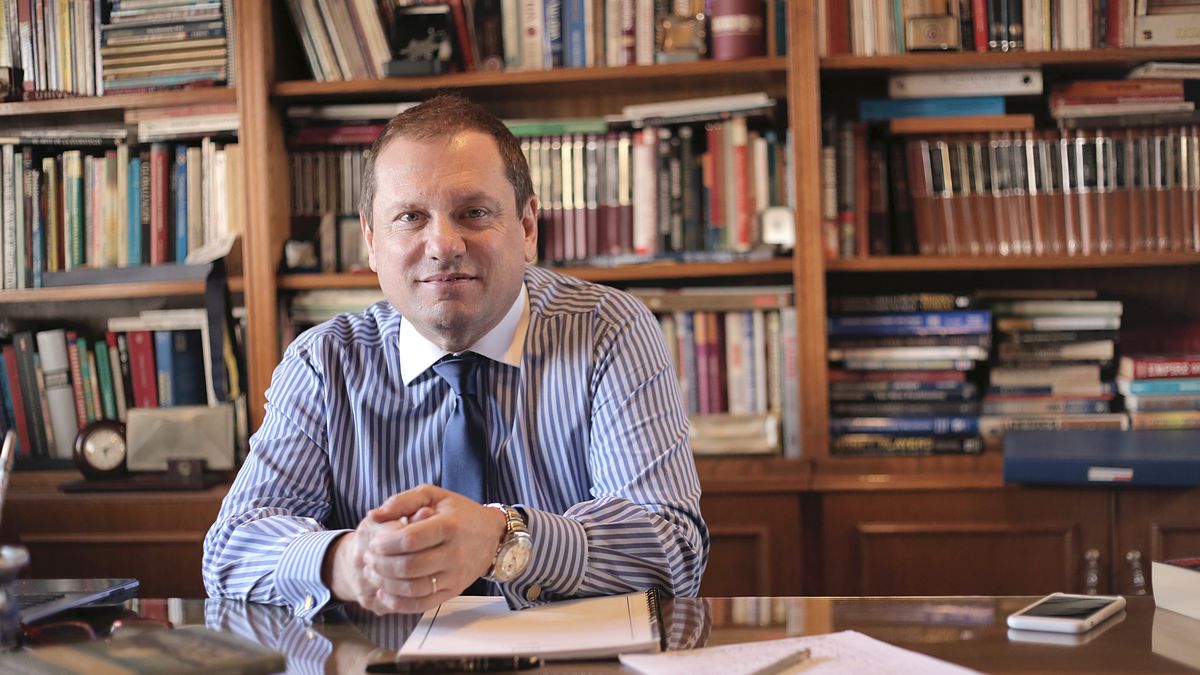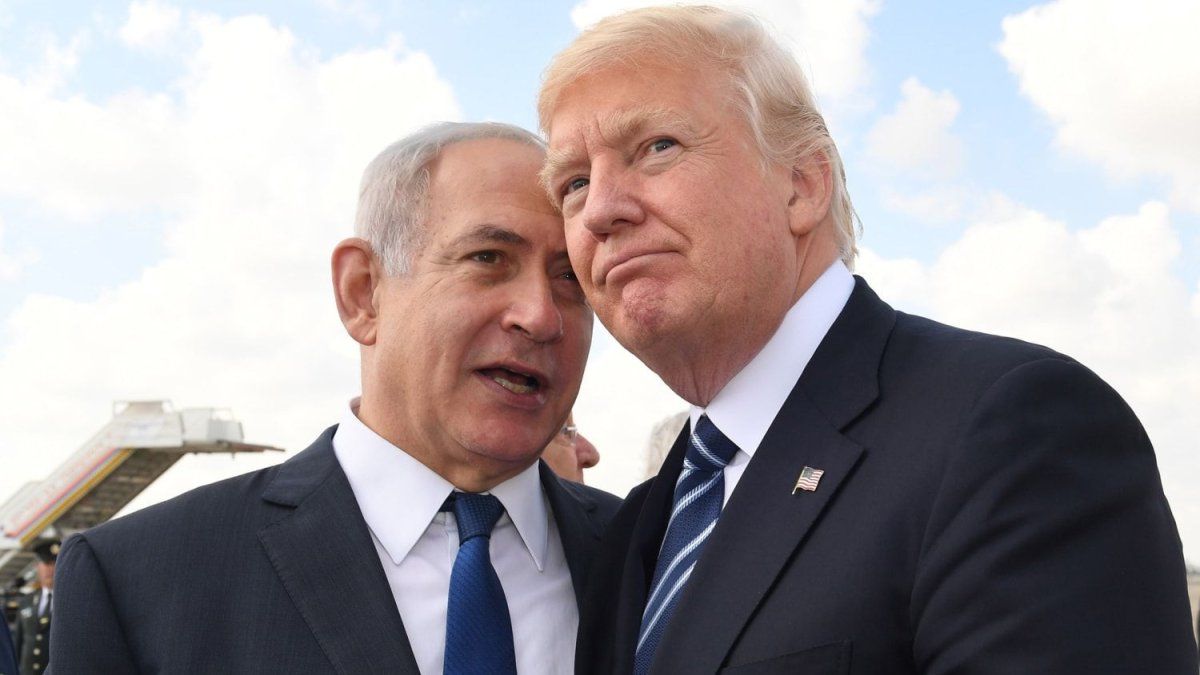After the tragedy of the Cambiemos government, the Argentine economy had to face the renegotiation of an unpayable debt due to volume and maturity profile. Then came the pandemic, the effects of the war in Europe and the drought; Hand in hand with a president who did what he could and what he knew, although he never managed to enter into a virtuous process since the inheritance received plus the conflicts he faced were irreversible in the short term. Fernández had to maintain and increase the fiscal deficit to preserve financing, because in 2018 Argentina lost international credit and, in 2019, it left less than 10,000 million dollars of net reserves in the BCRA, with a public debt of US$ 334,000 million. plus the equivalent of another $80 billion in Leliq. Let’s change took the government with a GDP of US$560,000 million dollars and returned it with US$334,000. In 4 years, 40% of the GDP in dollars was consumed. Alberto Fernández did not have instruments that would allow him to encourage domestic demand. After having demonstrated that Leliq’s rate could be lowered by 30 percentage points, he barely took office, he demonstrated that much less money could have been paid than that granted to the banks during the presidency of Guido Sandleris (BCRA). The positive real interest rate of the Cambiemos administration was extravagant, Fernández and Guzmán always kept it negative real, that is, below the inflation rate. With all these problems, it was possible to navigate the pandemic and rebound the following year, even growing to the present.
As of June 2022, there was a replacement of the minister and the ideological focus of the economy changed. Pro-market gestures began then, friendly to the international financial sector, which connect with a world reality that is difficult to change, although it is intended to transform with management and political negotiation. The economy minister takes on a transcendental political role, taking into account that, at the same time, he is a candidate for president of the ruling party. This is how the 2023 elections are reached, with the macroeconomy showing low growth, which is slowing down, with inflationary tensions, an incipient fiscal weakening, and very good news regarding the future supply of energy and mineral exports.
Where we are?
We are at the beginning of the presidential campaign. Massa could act as a future president and face a 5-year program, but he is not. At the operational level, the policy of controls, subsidies and restrictions seems required, almost consumed, and inflation slows down slightly, but at very high values. The levels of poverty inherited from the 2015-2019 period (40% below the poverty line) and the drop in GDP per capita of more than 10% were irreversible in 42 months, with exogenous shocks: pandemic, war and drought. Let’s keep in mind that this government inherited a country that lost solvency in 2019 “selective default of debt in pesos”, S&P and, collected a colossal debt previously contracted, concentrated in dollars and imminent maturities, sidereal figures for the first two years of the new administration.
Little has been said about the economic, political, and institutional costs of the Mauricio Macri government, which have not yet been reversed, nor will they be reversed in a decade. Contrary to what certain politicians and journalists are asking for, a political and economic catastrophe must be talked about for a long time and must be analyzed academically so as not to retrace steps. We have already done it in 2001, this scandalously hidden and misinformed version remains pending. When it was decided: “pay what Griesa says” to the vulture funds, our country-risk did not drop, and a wave of requests for loans in dollars was unleashed at rates of 7 and 8% of around US$ 106,000 additional million to which Argentina owed. As color data, 100-year debt was issued. A large part of all the debt contracted was invested in Lebac first, and Leliq later, leaving a balance of debt to the BCRA of around US$80,000 million at the exchange rate of that time. In parallel, there were US$86 billion in foreign asset formation (capital flight from the institutional circuit). Argentina pays interest and amortizations annually on an extravagant debt left by the Macri administration, which according to Nicolas Dujovne did not exist, remember: “the blessing of a debt-relieved country”. All these setbacks destroyed the credibility of our country, without counting the scandals: Banco Nación during the presidency of González Fraga and the 300 million dollars granted to the bankrupt Vicentin during the period of suspicion, the payment for the burying of Sarmiento, the artificial fine paid to highways, wind farms, highways, forgiveness of debts to energy companies, money laundering prohibited by law and authorized by decree to family and friends, the Mail case and countless unsettled issues.
But the most serious thing was the carry trade or financial bicycle making the trilemma a reality (fixed exchange rate, free movement of capital and autonomous monetary policy) against any technical ingenuity.
All this contrasted with the economic growth of the previous period 2003-2015. The best quality of life for the most neglected sectors and the middle class (purchase of cars, household items, clothing, cell phones, air conditioning, contracting private services, long-weekend tourism… and all this happened while the country was deleveraging). The debt/GDP ratio went from 53% to 94%. In dollars, step of u$s 148,881 million in 2015, to u$s 249,046 million in 2019 (grew more than 67%).
The Cambiemos government was consuming work (unemployment grew from 6% to 9.5%), the industry reinvested profits in a country where investment to global GDP at one point reached 23 percentage points.
Today’s problem is that Argentine industrialists prefer to adjust prices rather than invest to increase production, in an uncertain context, due to inflation and the political future. At the international level, according to the IMF, companies around the world generate unusual profits and are incompatible with general well-being, which also significantly spurs the international inflation rate, due to the pandemic.
In this situation, the Government needs to moderate inflation by applying restraint in the fiscal deficit, monetary policy, achieving exchange stability with all kinds of controls. A devaluation would generate an uncontrollable inflation process, which would deeply affect already battered revenues (fall of more than 20% during 2015-2019). The Fernández government increased employment, but continued to allow the purchasing power of wages and informal income to slide.
Meanwhile, the BCRA is in the battle against inflation, which is not of exclusively monetary origin, although the crawling peg has a decisive impact. Monetary policy surfs avoiding an extreme restriction that would complicate the level of activity, expectations, and would do little to control inflation.
As follow everything?
With the 2015-2019 economic model exhausted -variety 1976-1983-, different from that of 2003-2015, the logic that today dominates economic decisions has to do with a restructuring of the agreement with the IMF, once again invited to Argentina by the Macri administration, after 13 years of absence. Nor can the 2003-2015 model be transpolated into a completely different world, with a delayed drag situation since 2018, with the potential for a greater social outbreak than in 2001.
In this context, it is appropriate to expect continuity in inflation, in a framework of a slowing economy. This situation has fundamentally internal causes, generated during the Cambiemos government, where a record for twin deficits was broken in 35 years during half the term, and then there was a fierce adjustment in the other fraction of the mandate. The international context may be aggravated by the extension of the war in Europe, the spectacular accumulated rise in interest rates and the climate-droughts-, plus an incipient global recession.
Economic problems are very difficult to overcome without daring, creativity, imagination and innovation, and without successful negotiations with external and internal creditors. If a favorable renegotiation takes place, the temporary slowdown in the economy would not have to be a problem, nor would there be social costs, since investment and job creation would immediately recover.
Source: Ambito




